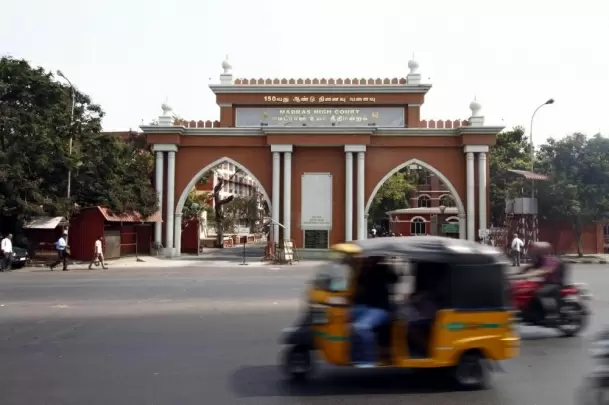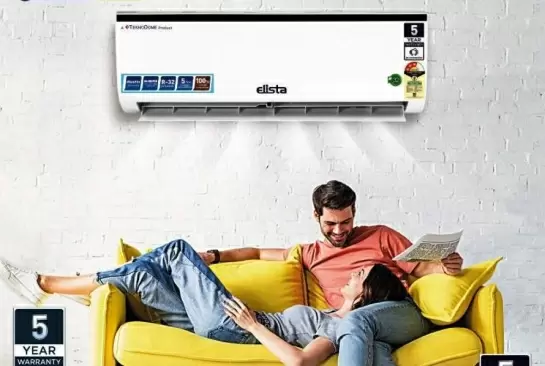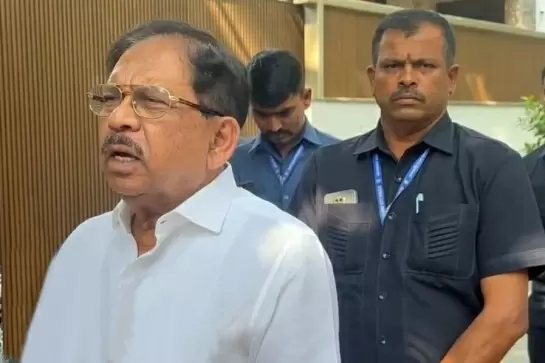5-yr vehicle insurance court order anti-competitive, anti-policyholder'
02-September-2021

Legal and insurance industry experts are of the view that the recent Madras High Court order - now kept in abeyance - making it compulsory for all new car owners to have bumper-to-bumper insurance policy is not only 'anti-competitive', but will also have far-reaching implications for the players, feel experts in the field.
While the order is most favourable for the general insurers, as they get lump-sum upfront, there are differing voices within the industry as the order makes the field uneven.
It will be interesting to note how the General Insurance Council (GIC) - the lobby body for non-life insurers - and the Insurance Regulatory and Development Authority of India (IRDAI) would react before the court when the case comes up for hearing again.
"On the face of it, the Madras High Court order is anti-competitive," D. Varadarajan, a Supreme Court advocate specialising in company/competition/insurance laws, told IANS.
Though there are several non-life insurers in the country selling vehicle insurance policies, as per the order, a vehicle buyer will be locked-in with one insurer for five years.
The insurance policies for new vehicles fetch the highest premium and are generally sold through vehicle dealers.
Varadarajan said that it is beyond the purview of the high court to pass such sweeping orders, rather than deciding the real dispute between the parties in that particular case, and that too without giving notice to the parties, including the Central government, which would be affected or concerned by such a 'drastic' order.
"Further, in the teeth of the law enacted by the Parliament, there is no warrant for judge-made law. Such orders would amount to encroaching upon the domain of legislature, which cannot be countenanced," Varadarajan argued.
Commenting on the lack of awareness on the part of the car owners about the liability for the occupants of the car, the court while hearing a case ordered: "Therefore, this court directs that whenever a new vehicle is sold after 01.09.2021, it is mandatory for coverage of bumper-to-bumper insurance every year, in addition to covering the driver, passengers and owner of the vehicle, for a period of five years."
Later, the court issued an order keeping its earlier order in abeyance and issued a notice to the General Insurance Council and IRDAI.
"Under Competition Law, it needs to be evaluated if this order has the potential to create a vertical arrangement under Section 3(4) of the Competition Act, 2002, that will have an adverse appreciable effect on competition (AAEC)," Varadarajan said.
According to him, vertical arrangements are subject to the rule of reason and if there is a justifiable business or economic reason for the implementation of the vertical arrangement that does not result in an AAEC, the same will be considered as valid.
"For determining if there is going to be an AAEC, any or all of the provisions of Section 19(3) of the Competition Act, 2002, i.e. 1. creation of barriers to new entrants in the market; 2. driving existing competitors out of the market; 3. foreclosure of competition by hindering entry into the market; 4. Accrual of benefit to consumers; 5. improvements in production or distribution of goods or provision of services; 6. promotion of technical, scientific and economic development by means of production or distribution of goods or provision of services will need to be considered," Varadarajan explained.
"The Competition Commission of India (CCI) is empowered to evaluate the effect of such a scenario through the prism of Competition Act in consultation with the IRDAI. However, the final say is with the CCI," Varadarajan added.
"The solution is simple. The IRDAI and the players should deliberate and come out with a third party policy that covers the non-fare paying passengers. The Madras High Court's intention was to provide insurance cover to such passengers," Varun Dua, Managing Director and CEO, Acko General Insurance Limited, told IANS.
Meanwhile, within the general insurance sector, there are differing views on how the industry should respond to the new development.
Couple of industry officials not wanting to be named told IANS that bigger insurers with tie-ups with vehicle dealers are happy with the order as it locks up the policyholders for five years and wants the high court order to be implemented.
"Non-life insurers world over are one-year contracts while life insurance is a long-term contract. If one makes non-life insurance a long-term contract, the capital needs, provisioning norms and others would kick in. How it would impact an insurer in the future as motor third party claims are long-tailed ones is not known now," and industry official told IANS preferring anonymity.
"Pricing long-term cover, particularly third party, is a challenge. It will need to forecast the future of accidents and future trends of court awards," K.K. Srinivasan, former Member (non-life), IRDAI, told IANS.
Locking in a policyholder for five long years with one insurer also makes the playing field uneven and anti-policyholder.
"The vehicle dealers will have an upper hand. They will demand higher compensation from the insurers. Already dealers are selling only policies of those insurers from whom they get higher commissions and other perks," an industry official told IANS.
The IRDAI has been penalising several insurers for paying higher commissions to the intermediaries - IANS
ED Raids Bengaluru Dog Breeder Who Claimed to Own Rs 50 Crore Wolf-Dog
Raj Thackeray Slams Hindi Imposition in Maharashtra Schools, Warns of Statewide Protests
That Sassy Thing Raises ₹6 Crore to Disrupt Women’s Sexual Wellness Space
Suspended Kerala IAS Officer Prasanth Raises Promotion Demand During Hearing
How BluSmart Promoters Diverted EV Loans, Bought Flat In DLF Camellias








